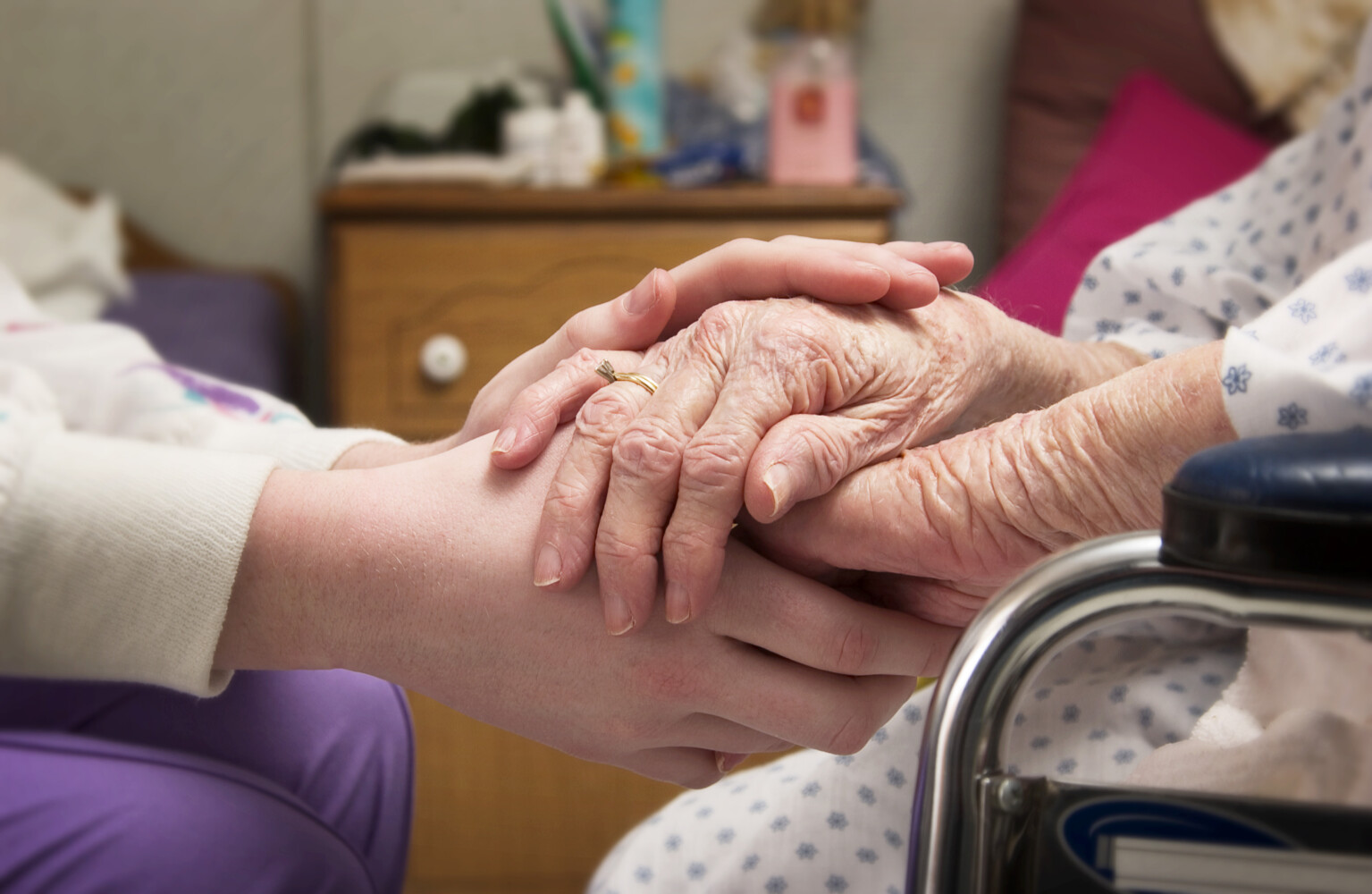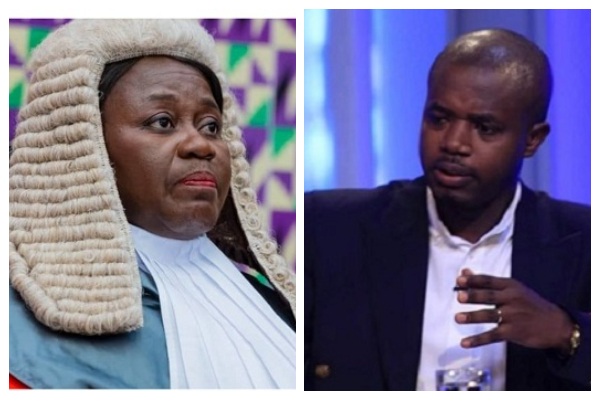We live in a time of change, when old conventions and ways no longer count and when new, decent ways have not yet been found. We can say outrageous things, and many times we know they are wrong, or fake, as we say today, but still we keep repeating them. At the same time, we also maintain the old values and ways, but a bit subtle and secret, yet, sometimes they float up to the surface, and many of our new and modern things are no longer valid, at least not the only things that count.
First, since we are still celebrating Eid-ul-Fitr this week, certainly in Muslim countries and communities, but also in mixed neighbourhoods, where the majority may be Muslim but also with sizeable numbers of Christians and members of other faiths – all feeling part of the celebrations, many perhaps at a distance and others more directly included. I still remember a forty-year-old situation of relevance to this; I had just come from the Christian, or culturally Christian, Norway, to work for the UN in Kenya’s capital, Nairobi, with several faiths, where Christianity and Islam were the most dominant. There was a Welsh colleague, a Biologist working on environmental issues at UNEP, the UN Environment Headquarters for Environment.

She had already done research on the Kenya coast and was fascinated with the land, the people, and cultures. I still remember that she once said that she liked living side by side with Muslims, and that she found that more comfortable than living just with one religion. I don’t recall that she was very active in any religion, although having deep respect for religions, also Islam, which was a religion quite new to her; after all, she had grown up in the Christian, or culturally Christian UK.
I also remember that when her son was seven or eight years old, a boy of mixed ethnic background, she told me that her son had said to her that he thought they should go to the UK “because they ought to be in their own culture”. Well, a wise and philosophical boy, having picked up sentiments around him, and perhaps not at all quite comprehending his thoughts – yet, with much sense and wisdom, perhaps more below the surface than above. In any case, it gives us some thoughts about common denominators of religion, beyond age, culture, and other variations.
A few weeks ago listened to a favourite Christian Swedish theologian speaking about faith and fasting, she drew attention to the changing role of religion over time, and especially the forms and function of prayer. Bishop Emeritus Karoline Krook said in the TV programme from Stockholm that earlier the most essential was to praise God, and so was also the search for God’s grace. It is the same today, but with different emphasis, she said, because she thought that we today also pray more directly for God to give meaning to our lives.
Earlier, people would be more willing to accept what their situation was and assume that God was doing the best for them. At this time, now when the holy month of Ramadan is over, it is a reality for many believers, and also people around them, that they have received spiritual renewal, strength and depth in their faith, individually and collectively. Also, people would feel they have improved relations with fellow human beings, family, friends, and everyone else who need help and concern, or who help us and share God’s gifts with us.
If we are lucky and take time to think about it, we may feel tranquility and peace. This year, the holy month of Ramadan overlapped partly with the Christian time of fasting, called Lent in the Catholic Church, which ends with Easter in about two weeks. It is true that the Muslim tradition of fasting is generally much stronger than the Christian fast, but it also varies much between groups and denominations within Christianity.
Christians who live next to or together with Muslims, such as in Pakistan, share traditions and interpretations of how their faith can be practised and lessons learned from others. And then, I would also like to say that whether people practice fast concretely, or rather in a spiritual way, we should not be judges over that. It is always the spiritual aspects that are the most important, in this case as in other aspects of faith.
Sometimes we criticise fellow believers or seekers if they do not believe literally in dogmas and doctrines. But we should always be reminded that the most important is the lessons of the stories and our experiences in our religions, beyond the concrete issues, and again, that means the broader spiritual aspects. I believe it can be valuable that we reflect on the religious and secular issues of our faith, and that also means the ways we human beings behave towards each other.
The fact that this is emphasised so clearly in Islam during the time of Ramadan gives special importance to the renewal of faith and behaviour, of being good and kind to each other. Christianity gives the same advice to its faithful. How this should be practised in not at all up to a mere newspaper columnist to say, but it is up to the believers themselves and their theological leaders.
In our time, though, we must emphasise spiritual, moral, and societal issues in our everyday life and faith. In the West, there seems to be an awakening among many groups of seeing spiritual issues as important, after some time when religion has played a lesser role in public life. At this time, now when Ramadan is over – and we gain from the positive aspects of the holy month – I would underline the year-round effects, too.
True, we still need to update reflection and prayer throughout the year, indeed, so in 2025, with many terrible wars and unpredictable, negative things happening in the world. We seem to be bewildered and have gone astray in big and small ways. We should realise that it is the small things that are actually the foundations for the big things in everyday life and in the big decisions.
Let us continue to pray and hope that we all can do, or at least try to do, what is right and good – at all time and in all places – saving our soul and the world we live in. Atle Hetland The writer is a senior Norwegian social scientist with experience from university, diplomacy and development aid. He can be reached atatlehetland@yahoo.
com.
Politics

After Ramadan

We live in a time of change, when old conventions and ways no longer count and when new, decent ways have not yet been found.














